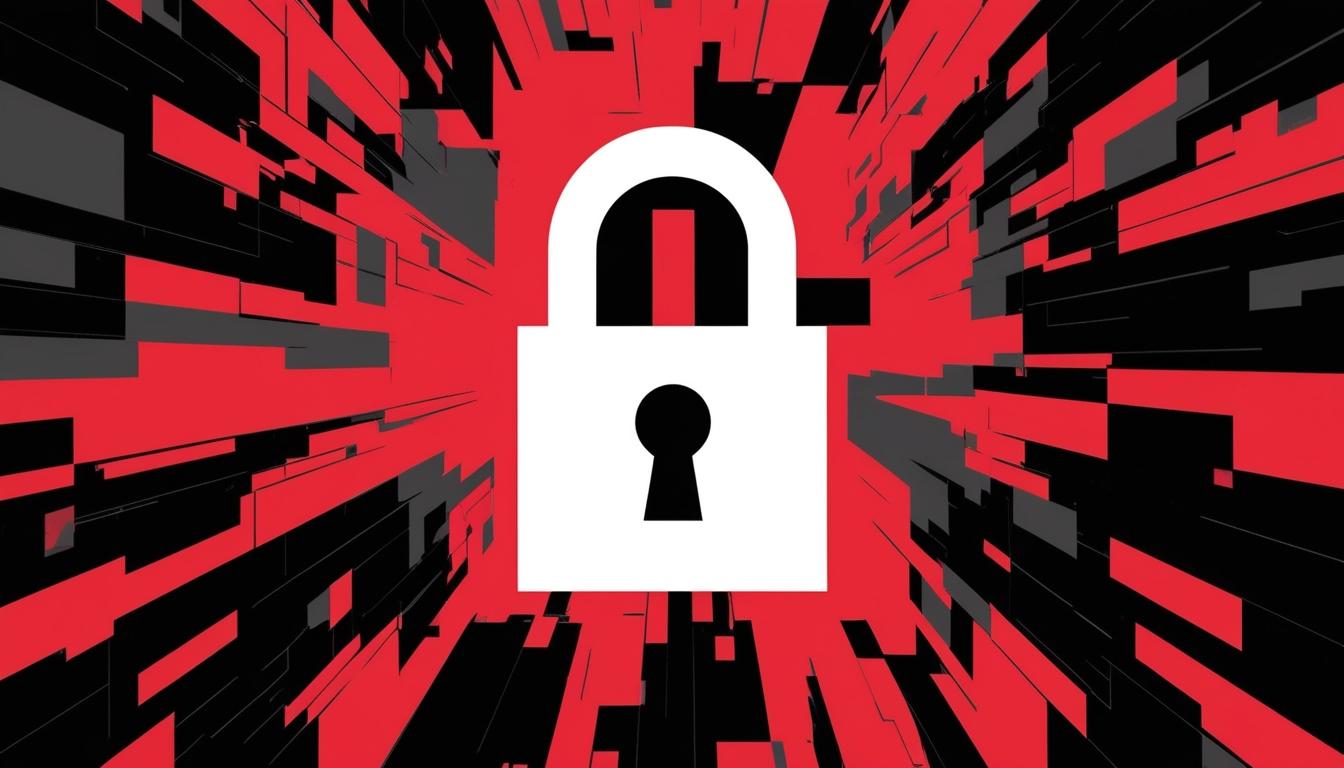In a recent address at a Foundation for Defense of Democracies event in Washington, D.C., Harry Coker, the outgoing national cyber director, outlined critical measures to strengthen the United States' cybersecurity posture amidst escalating digital threats from foreign adversaries, notably Iran, China, and Russia. Coker's remarks underscore the imperative of prioritising cybersecurity funding, reforming federal regulations, and broadening access to cyber jobs.
Coker called for increased funding to address the challenges posed by continuous cyberattacks targeting U.S. digital infrastructure. "We have to prioritise cybersecurity within federal budgets," he stated, reflecting an awareness of the current fiscal constraints faced by the nation. He acknowledged, "I get that, and I support making progress towards reducing the deficit, but we have to prioritise cybersecurity within our current budgets."
The urgency of his call is heightened by the ramifications of a significant cyber incident associated with a Chinese intelligence group, known as Salt Typhoon, which compromised nine major U.S. telecommunications companies. This breach reportedly provided the hackers access to private communications of American citizens, including those of senior government officials. The consequences of such intrusions are profound, leading to concerns over national security and the integrity of sensitive operations.
Coker also criticised what he described as "duplicative federal regulation," pointing out that cyber professionals often dedicate upwards of 30 to 50% of their work hours to compliance rather than focusing on security-enhancing measures. "Armed with the industry's call to streamline, we worked with Congress to write bipartisan legislation that would bring all stakeholders, including independent regulators, to the table to advance the regulatory harmonisation," he explained. Despite the legislative groundwork laid during his tenure, he expressed disappointment that the proposed reforms had yet to be enacted.
The context for Coker's recommendations is marked by various incidents, including a major hacking breach of the Treasury Department by Chinese operatives in December, where unclassified documents and government workstation information were accessed. This incident, coupled with the targeting of key governmental personnel such as Commerce Secretary Gina Raimondo, showcases the vulnerabilities within U.S. systems that need addressing.
Furthermore, the cybersecurity sector faces a pressing recruitment challenge, with around 500,000 unfilled positions reported across the nation. Coker emphasised the need to shift focus from traditional hiring practices that prioritise four-year college degrees to one that emphasises skills. "When we do away with the four-year college degree requirement, we expand our talent pool," he noted, suggesting that alternative pathways to employment could better prepare individuals for cybersecurity roles.
In the wake of these developments, Coker's remarks signal a pivotal moment for the U.S. in reassessing and reforming its approach to cybersecurity, particularly as technological advancements and the sophistication of cyber threats continue to evolve. His recommendations stand as a guide for future administrations to navigate the complex landscape of national cyber defence.
Source: Noah Wire Services
